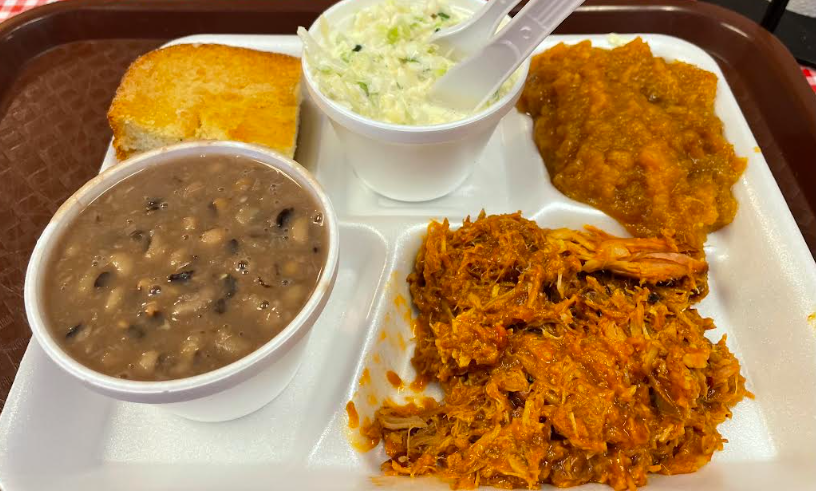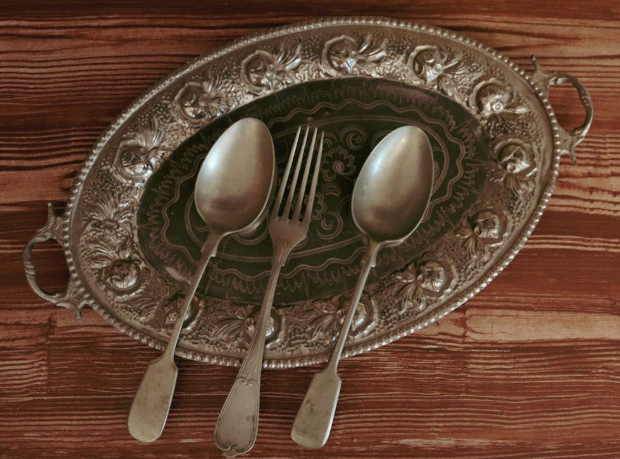Midway BBQ Union, SC (pictured)
South Carolina takes its barbecue seriously, and when it comes to pork, the Palmetto State offers a delicious tapestry of regional styles, each with its own distinct character shaped by history, local ingredients, and generations of pitmasters. Forget a one-size-fits-all approach; embarking on a BBQ tour of South Carolina is a journey through diverse flavors and techniques.
While the state proudly claims pork as its primary barbecue meat, the real distinction lies in the sauces and the preferred cuts, often dividing the state into loosely defined culinary regions. Though some historians simplify it, a common understanding identifies at least three primary styles:
The “Carolina Gold” of the Midlands:
Venture into the central part of South Carolina, and you’ll encounter what many consider the state’s signature style: mustard-based barbecue sauce. Often called “Carolina Gold” due to its vibrant yellow hue, this tangy and slightly sweet sauce is a direct result of the significant German immigration to this region in the 18th century. Just as mustard pairs traditionally with pork in German cuisine, it became the defining characteristic of Midlands barbecue.
Here, you’ll typically find pulled or chopped pork, often from the shoulder or ham, generously coated in this distinctive sauce. The balance of the mustard’s sharpness, vinegar’s tang, and a touch of sweetness creates a unique flavor profile that sets it apart from other Carolina ‘cue. Many iconic barbecue joints in areas like Columbia, Lexington, and Orangeburg proudly serve this “Gold” standard.
The Vinegar & Pepper Tang of the Pee Dee:
Travel to the northeastern part of the state, the Pee Dee region, and you’ll discover a style rooted in simplicity and tradition. Here, the sauce is a thin, fiery concoction primarily made of vinegar, salt, and black pepper, often with the addition of red pepper flakes for an extra kick. This style bears a strong resemblance to the Eastern North Carolina barbecue tradition and is believed to have origins in Native American cooking methods.
Whole hog barbecue is a hallmark of the Pee Dee. Pitmasters slow-cook the entire pig over hardwood coals for many hours, basting it frequently with the thin vinegar-pepper “mop” sauce. The resulting pork is intensely flavorful, with the tangy sauce cutting through the richness of the meat. This is a more rustic style, often served with simple sides like white bread and coleslaw, letting the flavor of the pork and the sauce shine.
The Lighter Tomato Influence of the Upstate:
In the Upstate region of South Carolina, closer to the influence of Western North Carolina, you’ll often find a thinner, “light tomato” based sauce. This style incorporates vinegar and pepper as its base but adds ketchup, resulting in a slightly sweeter and more tomatoey flavor than the Pee Dee style. The influence of North Carolina’s Lexington Dip, a thin vinegar-based sauce with a touch of tomato, is evident here.
While whole hog isn’t as prevalent in the Upstate, you’ll find delicious smoked pork shoulder and other cuts served with this tangy, slightly reddish sauce. The addition of ketchup provides a subtle sweetness and different dimension compared to the mustard and pure vinegar-pepper styles.
Beyond the Main Styles:
While these are the generally recognized regional distinctions, barbecue in South Carolina is a dynamic and evolving tradition. You might find variations and blends across the state, and some areas in the western part of the state lean towards heavier, sweeter tomato-based sauces more akin to styles found further west. Additionally, “hash,” a savory pork and organ meat stew served over rice, is a beloved side dish with its own regional variations, particularly prominent in the Midlands and along the Savannah River.
No matter which region you find yourself in, experiencing the local pork barbecue is an essential part of any culinary adventure in South Carolina. Each style tells a story of the state’s history and the passionate individuals who have perfected the art of slow-cooked, smoky perfection. So grab a plate, sample the local fare, and discover your own favorite taste of South Carolina ‘cue.
Sign up for our Sunday Spectator. Delivered to your inbox every Sunday, with all the news from the week.










